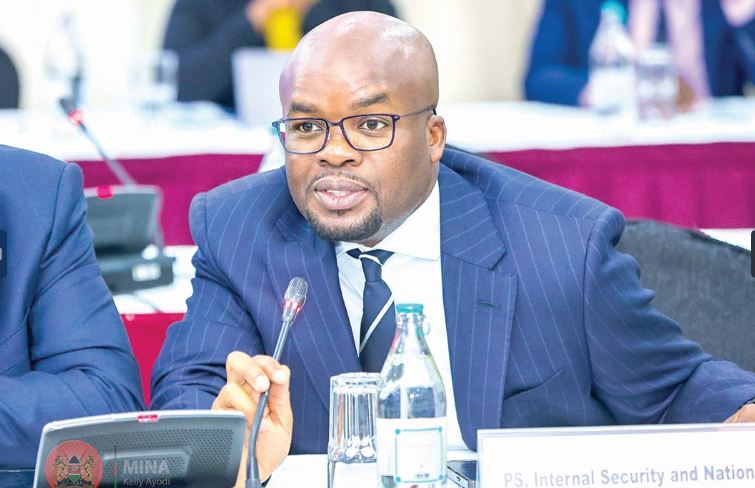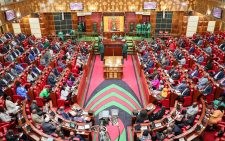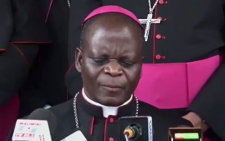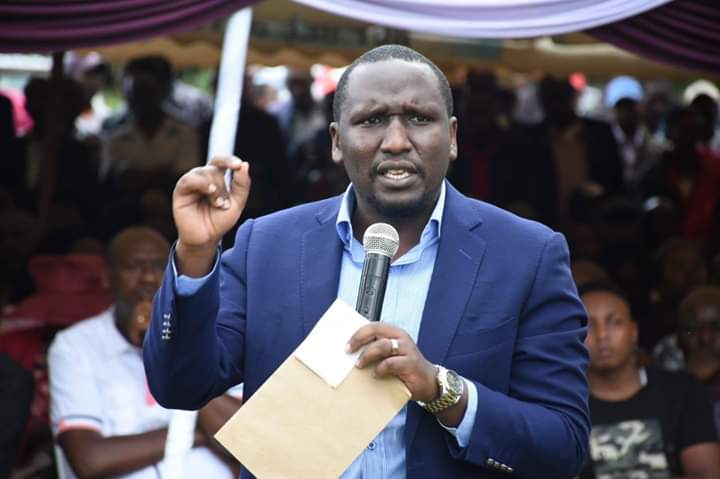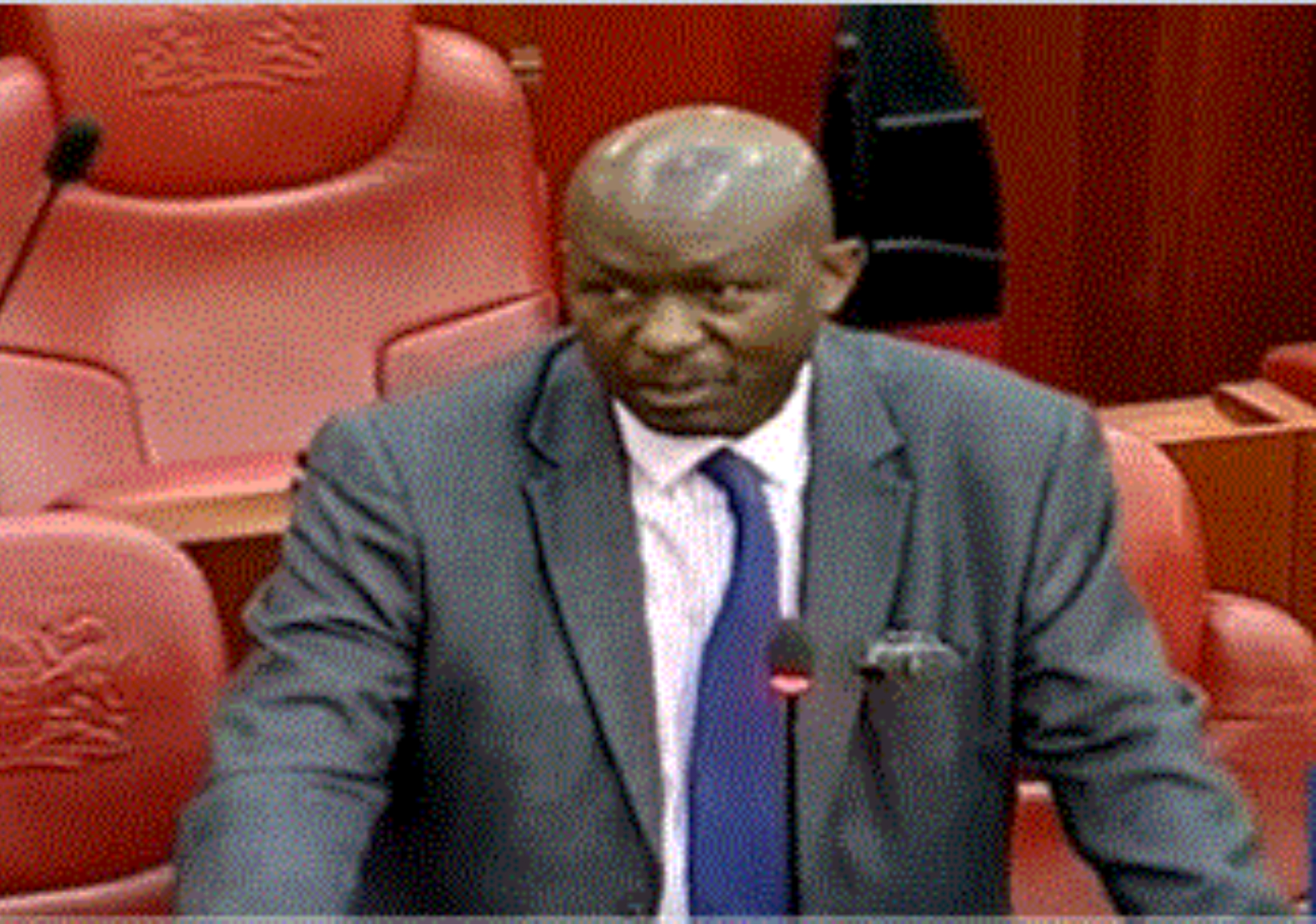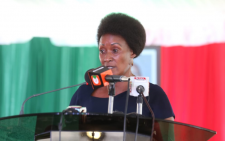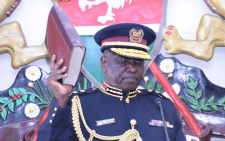Kenya, Somalia and South Sudan have partnered to strengthen regional cooperation and build sustainable solutions to pressing security threats, including violent extremism and community conflicts.
The tri-nation initiative is meant to establish and address ‘push factors’ that create environments in which extremist narratives can flourish and successfully attract followers.
It is a collaboration between the United Nations Development (UNDP), Regional Service Centre Africa (RSCA) and the Korea International Cooperation Agency (KOICA), and is aimed at supporting the three countries in strengthening peace-building, preventing violent extremism and enhancing social integration through promoting community empowerment, cohesion, and economic resilience.
The programme aims not only to strengthen communities, especially youth, women and vulnerable groups by leveraging proven methodologies and insights from other regions but also to improve socioeconomic capacities and livelihoods, making them more resilient.
Dubbed, ‘Regional Programme on Peacebuilding and Preventing Violent Extremism in East Africa’, it will strengthen the societies’ and individuals’ abilities to reject extremist beliefs, and avoid radicalisation, terrorist threats and other suchlike crimes.
“Effective implementation of these measures requires more than just local efforts; it requires sustained political will, adequate resources, and enhanced international assistance,” Omollo said.
According to the PS, communities, particularly in vulnerable regions, are often the primary targets of these threats.
UNDP Kenya is among the partners present that confirmed they will collaborate with the Ministry of Interior to implement Kenya’s component of this programme, according to the UNDP resident representative, Anthony Ngororano.
New agenda
Kenya has long been a strong advocate for peace and has consistently prioritised development over conflict. However, the country has also witnessed occasional extremist activities including the Westgate, Mpeketoni, Garissa University, Dusit attacks and most recently, the Shakahola tragedy, which underscored the persistent threat of religiously motivated violence in the country.
In March last year, President William Ruto initiated a comprehensive evaluation of the Peacebuilding Architecture. The Ministry of Interior also appointed an Independent Panel of Advisors, comprising 13 distinguished Kenyan peacebuilders, to spearhead the national dialogue and formulate a ‘New Agenda for Peace in Kenya’.
The Peacebuilding Architecture outlines specific violent extremist risks, including conflicts related to identity and politics, exposure to extremist ideologies and sensationalist coverage through online and media platforms, as well as limited economic opportunities that push individuals towards extremist groups.
There are also over 500 community-driven peace committees, which integrate traditional dispute resolution involving elders, women, youth, and inter-faith leaders. The government has also adopted softer approaches that include the involvement of youth and religious leaders in fighting the complex and dynamic threat of violent extremism, following the adoption of the second National Counter Terrorism Strategy.

